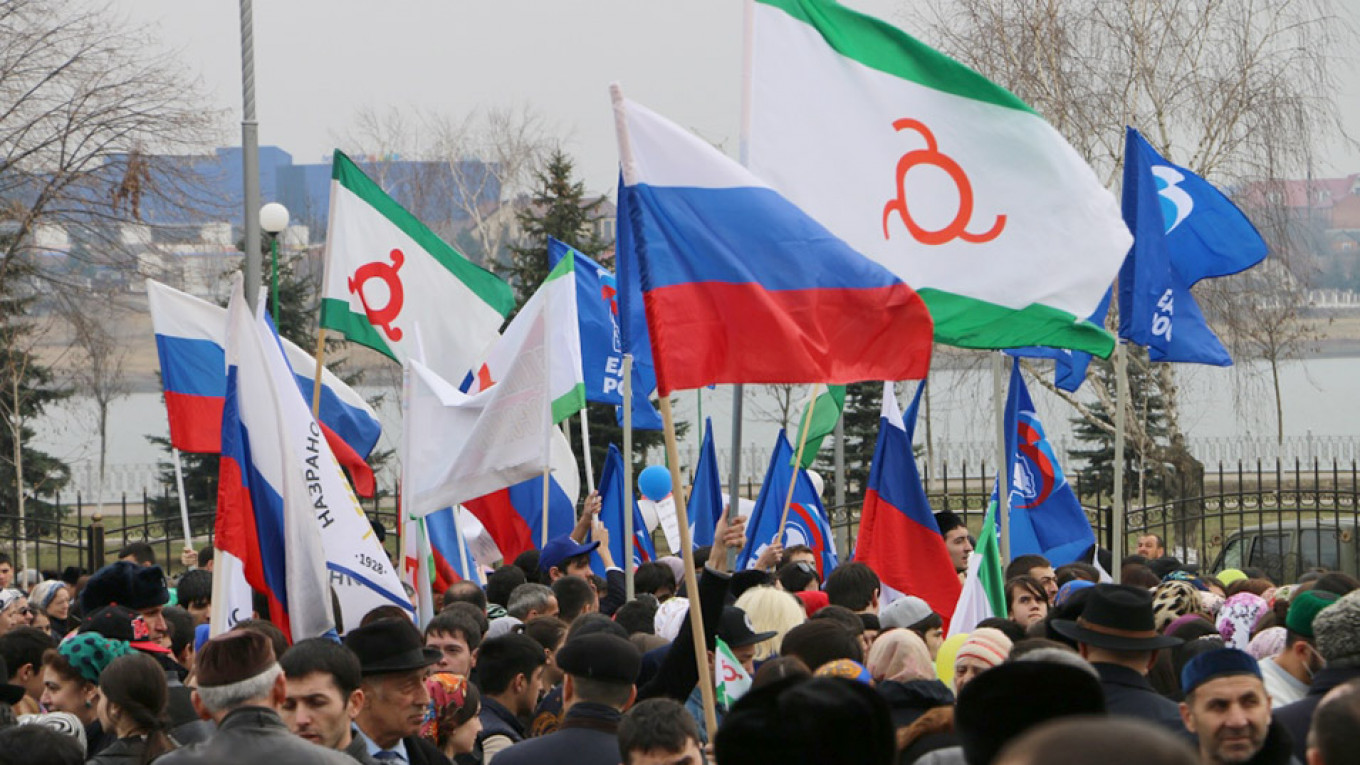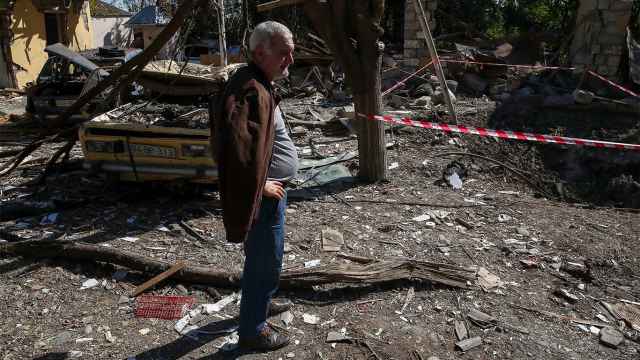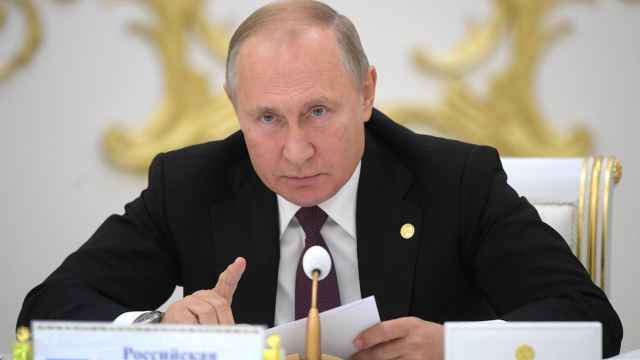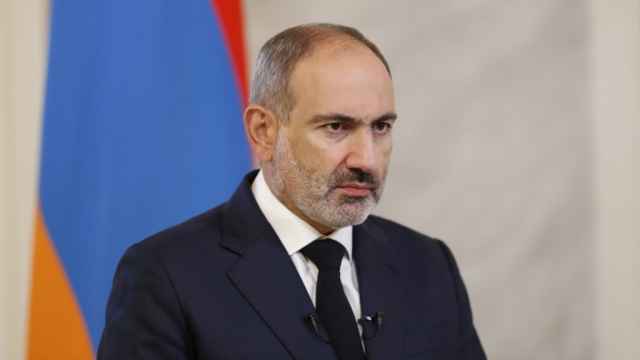Russia’s republics of Dagestan and Chechnya have suspended negotiations over border delineations following months of public anger over Chechnya’s land swap deal with neighboring Ingushetia.
Protests reignited in the North Caucasus republic of Ingushetia last month to demand the resignation of its governor, who signed the land swap agreement with Chechen leader Ramzan Kadyrov in fall 2018. Dagestan and Chechnya have been involved in negotiations over their 400-kilometer border since the start of 2019.
The Chechen legislative assembly announced on Tuesday that the border delineation works have been suspended, which its Dagestani equivalent confirmed.
Neither legislative body said when the works are expected to resume.
Vladimir Vasilyev, the acting head of Dagestan, had vowed in February to avoid a repeat of “the Ingush scenario” in ongoing border talks over eight disputed territories with Chechnya.
In November 2018, a map appeared on the Chechen legislative assembly website showing a number of Dagestani territories as Chechen entities. The map was later deleted without explanation.
A Message from The Moscow Times:
Dear readers,
We are facing unprecedented challenges. Russia's Prosecutor General's Office has designated The Moscow Times as an "undesirable" organization, criminalizing our work and putting our staff at risk of prosecution. This follows our earlier unjust labeling as a "foreign agent."
These actions are direct attempts to silence independent journalism in Russia. The authorities claim our work "discredits the decisions of the Russian leadership." We see things differently: we strive to provide accurate, unbiased reporting on Russia.
We, the journalists of The Moscow Times, refuse to be silenced. But to continue our work, we need your help.
Your support, no matter how small, makes a world of difference. If you can, please support us monthly starting from just $2. It's quick to set up, and every contribution makes a significant impact.
By supporting The Moscow Times, you're defending open, independent journalism in the face of repression. Thank you for standing with us.
Remind me later.






